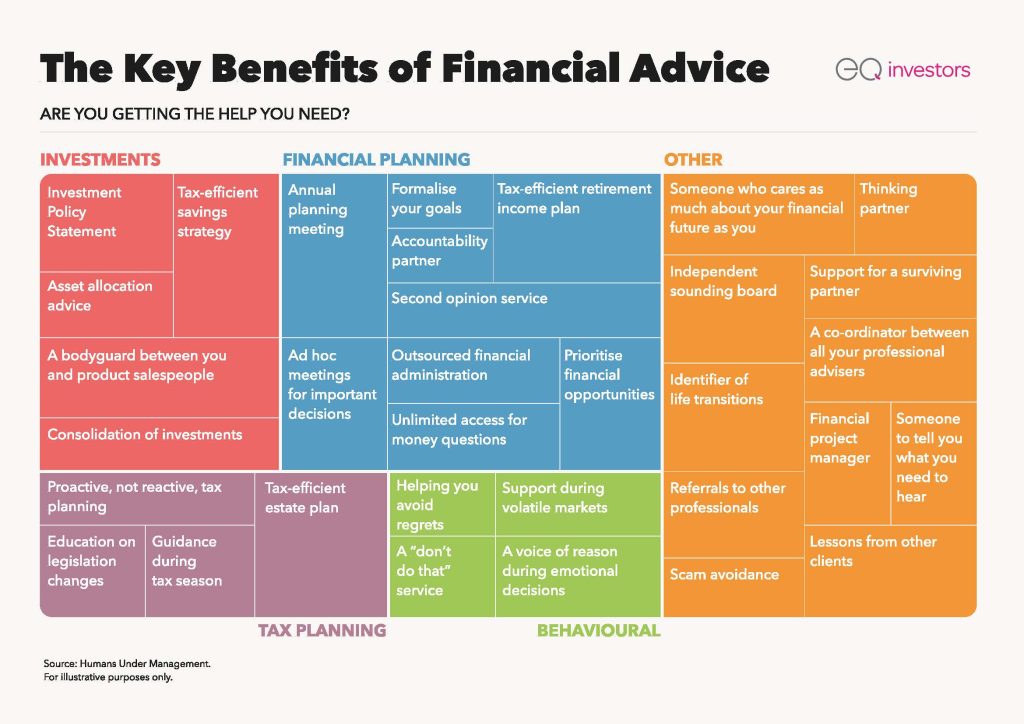The Individual Saving Account (ISA) is the UK’s top tax shelter – used by more than 23 million people. But if you want to save for retirement, you have to consider pensions as an alternative. Investment accounts also benefit from various tax incentives such as the annual CGT allowance and the tax free dividend income allowance.
Individual Savings Account (ISA)
Overview: The ISA is a relatively simple tax wrapper that usually has no extra charges. The benefits accrue over the longer term and are more valuable for those subject to higher rates of Income Tax.
Please note: the comments below apply to Stocks & Shares and Cash ISAs. Special rules apply to Help to Buy, Lifetime & Innovative Finance ISAs.
| Advantages |
|---|
| Returns are not liable to Income Tax or Capital Gains Tax (CGT) |
| Tax free withdrawals can be made at any time – no minimum holding period |
| Wide range of invests including cash and stocks and shares |
| Can transfer your plan between providers without losing your accrued ISA status |
| The ISA status can be inherited by a spouse |
| Income from an ISA is not taken into account for age-related personal allowances |
| No age restrictions (but Junior ISA rules apply below age 18, or 126 for Cash ISAs) |
| Usually no charges for the ISA wrapper |
| Disadvantages |
|---|
| Contributions are limited to the annual allowance (£20,000) |
| There is no tax relief on contributions |
| Once money is withdrawn from an ISA it cannot be put back (except within the same tax year), so the tax advantages are lost |
| If you do not use your annual ISA allowance you will lose it, it cannot be carried forward |
| ISAs are liable to Inheritance Tax (IHT) |
| There are some investment restrictions |
| You cannot have a joint ISA or put it in trust |
Self-Invested Personal Pension (SIPP)
Overview: offers potentially the greatest tax benefits and so has the most restrictions, especially over withdrawals. Currently very attractive for IHT planning.
| Advantages |
|---|
| Tax relief is available on contributions up to the Annual Allowance |
| It is possible to carry forward up to three years of Annual Allowance under certain circumstances |
| 25% of your fund is available as a tax free lump sum after age 55 |
| Growth within the plan is not liable to Income Tax or Capital Gain Tax |
| There is usually no Inheritance Tax on a pension fund |
| Disadvantages |
|---|
| Contributions are limited to the Annual Allowance, plus any Carry Forward |
| You cannot access a pension until age 55 (unless you are in a special profession such as Sport) |
| Income from a pension is taxable |
| Additional tax is payable if you breach the Lifetime Allowance |
| There can often be an extra charge for providing a SIPP, especially if income is being drawn |
General Investment Account (GIA)
| Advantages |
|---|
| You can contribute or withdraw as much as you like, whenever you like |
| You can use your annual Capital Gains Tax Allowance to realise profits each year |
| You can make use of the tax free Dividend Allowance |
| You can have more than one account |
| Can be held in joint names or in a trust |
| Disadvantages |
|---|
| When you sell investments at a profit you may have to pay Capital Gains Tax, if you’ve already used your annual allowance |
| Income Tax may be due on interest or dividend payments |
| Tax Relief is not available for contributions |
| GIAs are liable to Inheritance Tax (IHT) |
Ethical financial advice
It is our philosophy to build trusted and long-lasting relationships with our clients. Book a free financial planning discussion and we’ll look at your circumstances, identify any gaps and suggest the way forward. From inheritance to investing, pensions to protection, we’ll cover everything that matters to you.

Please remember, this content is provided for information purposes only. Investment involves risk. Past performance is not a guarantee or indication of future results. Investment return and the principal value of an investment may go up or down and may result in the loss of the amount originally invested. All investors should seek professional advice prior to any investment decision, to determine the risks associated with the investment and its suitability.